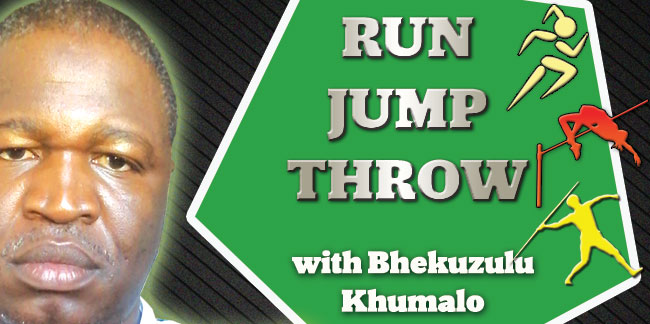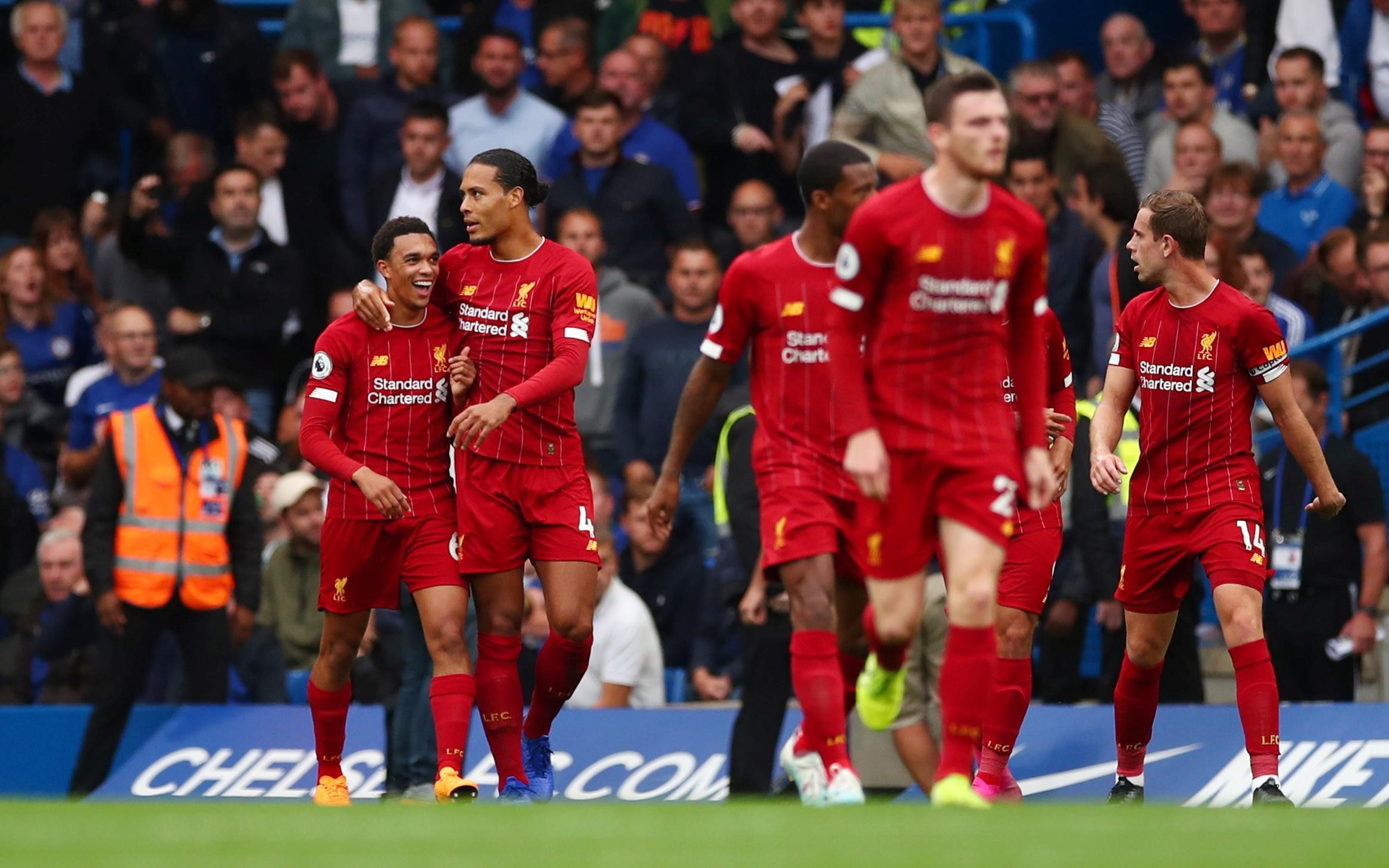
MOST athletes work extremely hard training their bodies to perform at peak level of fitness.
They condition their bodies with stamina workouts, build strength through fitness conditioning and perform workout routines that maximise “muscle memory” in order to compete at a high level. Is it there to maximise one’s performance or just making the physical body stronger and faster?
How often does an athlete actually undertake the training of mind? A championship athlete will have a mind that is as well-tuned as the body. He or she spends time visualising the outcome oftheir performance, releases negative thoughts and self-defeating images of sabotage, is well aware of locker room distractions.
They value the power of the mind to either create success or to sabotage performance. Just like hiring a staff of personal trainers to condition the body, someone who understands the potential of the mind often hires professionals to keep the mind sharp as well.
The mind plays a vital role in how successful an athlete will ultimately become. Psychologists can help athletes in a number of ways.
They can help athletes deal with problems of excessive anxiety, self-confidence and teach control through goal-setting.
Some of the mental skills used by athletes include: Goal setting, motivation, stress management/relaxation, mental rehearsal/visualisation and concentration. The difference between a great athlete and a mediocre one is that the great athlete “expects” to win each contest while the mediocre “hopes” to win.
In modern sport, there is an increasing awareness of how important psychological factors are within athletic performance and it is now being recognised that physical talent is not the only component which leads to success (Gucciardi, Gordon&Dimmock, 2008).
- Chamisa under fire over US$120K donation
- Mavhunga puts DeMbare into Chibuku quarterfinals
- Pension funds bet on Cabora Bassa oilfields
- Councils defy govt fire tender directive
Keep Reading
In Zimbabwean sport, there has been very little attention focusing around mental toughness and this is seen as very surprising considering both high performers and researchers agree that competition day performance is about 60–80% mental skills.
Schaffer (2013) proposes seven flow conditions: knowing what to do, knowing how to do it, knowing how well you are doing, knowing where to go (if navigation is involved), high perceived challenges, high perceived skills and freedom from detraction.
Consciousness, the frame of reference or the information processor — which structures and colours experiences, is sometimes compared with a computer programme. One difference, however, is that consciousness is changing and varying all the time depending on the situation.
Most of these changes are quantitative in nature and can be included in the “normal” or the dominant mode of consciousness — D-mode. Sometimes, more of qualitative changes happen, mental processes disappear or appear and we can talk about a more radical shift in the consciousness — ASC, A-mode.
The main purpose of mental training should focus on learning to induce control and use an alternative state of consciousness for rest, recovery and effective self-guidance.
The basis of mental training, not only provides the necessary base for later forms of mental training, but it also has a value in itself. It helps athletes to deal with chronic pressures of training, travel and extended competitions.
Sleep facilitation, energy conservation and general emotional stabilisation can also result from learning these basic coping skills. Thoughts and images influence the body in many ways, both direct and through mediators.
By structured practices, athletes can learn how images of movements can cause measurable and noticeable reactions in those muscles which are active in the voluntary executed movements.
The athletes can experience immediate effects of the alternative and non-voluntary system of control and can get a thrust in this way of self-guidance, which is important to have before he starts with long-term goal programming.
After having learned how thoughts and images about a desired outcome can have direct effects upon behaviour, this experience is used in “mental practice” or “sofa training”, the learning and automatisation of skills (especially technical skills) by images of ideal performance.
Sports psychology is one of the most ignored aspect of performance in Zimbabwean sports, I kindly request the sporting world to engage sports psychologist in view of enhancing performance.
Juju is a common practice and in most cases, this is nothing but a psychological gimmick to make athletes self believe.









